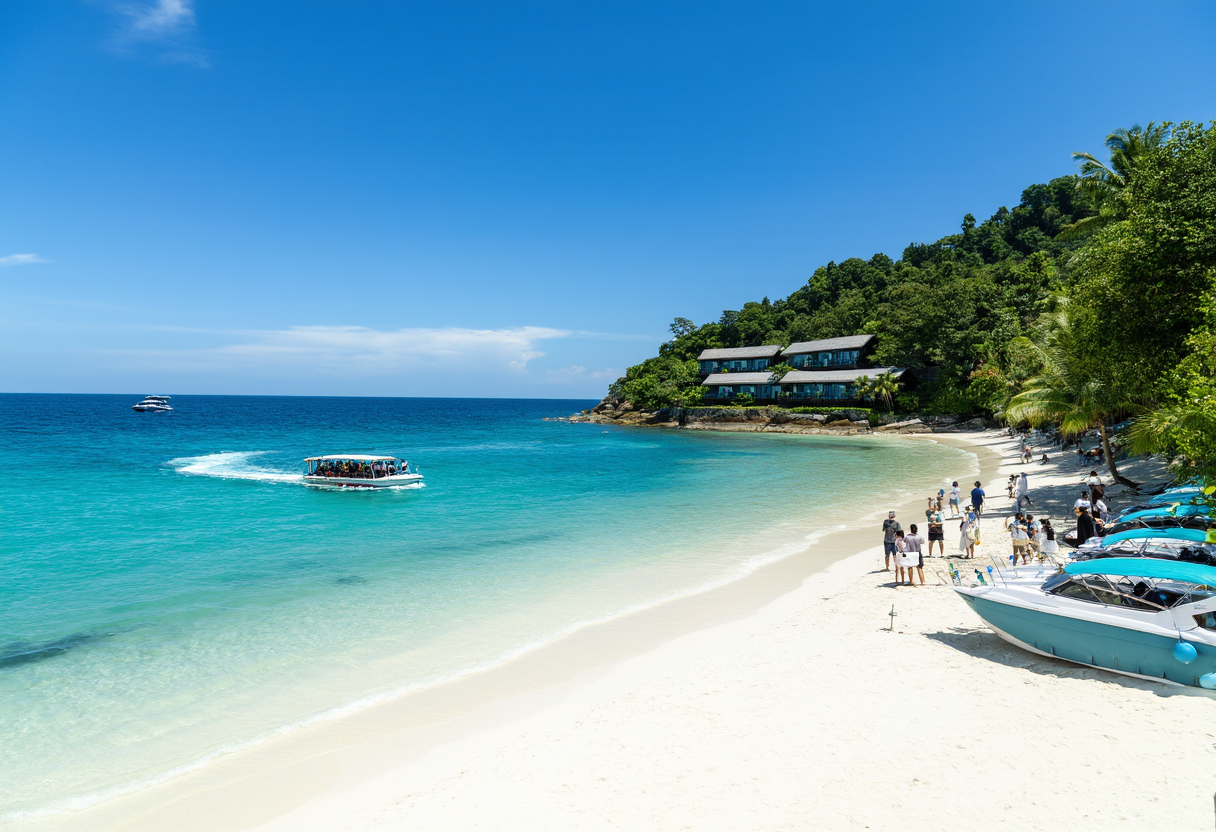Island Tourism Trends: What to Expect in the Coming Years
In an ever-evolving travel landscape, understanding the trends shaping island tourism is crucial for stakeholders. This article analyzes key trends influencing traveler behaviors and expectations, from sustainability to digital innovation. By comprehending these trends, businesses can better align their strategies to meet rising consumer demands and enhance the island travel experience. Positions taken by travelers reveal shifting priorities that can significantly impact the future of island tourism.
Current Trends Influencing Island Tourism
Island tourism is undergoing transformative changes driven by evolving traveler preferences and global trends. Today’s tourists are increasingly concerned about their environmental impact and seek mindful travel experiences. Consequently, sustainable island tourism practices play a pivotal role in attracting conscientious travelers. Visitors now prioritize responsible travel and are often willing to pay extra for eco-friendly accommodations and activities, resulting in a deeper connection with the destinations they visit, thus shaping the trajectory of island tourism for years to come.
The Rise of Digital Innovation
Digital innovation is another powerful force shaping the future of island tourism. From booking platforms to virtual tours, technology is reshaping how travelers plan and experience their trips. Social media also plays a significant role in promoting islands as enticing destinations. Travelers increasingly rely on user-generated content and online reviews to make informed decisions about where to stay and what to do. Businesses must adapt to this digital landscape to leverage these platforms and enhance their visibility within the competitive tourism sector.
Focus on Authentic Experiences
In addition to sustainability and digital innovation, the demand for authentic experiences is a significant trend in island tourism. Tourists are seeking more than just sun and sand; they crave immersive cultural experiences that allow them to engage with local communities. This shift has prompted many island destinations to develop programs and activities focused on cultural heritage, local cuisine, and traditional practices, enriching the visitor experience while preserving local cultures. As travelers prioritize authenticity, island tourism must adapt to meet these expectations.
Health and Wellness Tourism
Health and wellness tourism is gaining momentum, with more travelers seeking rejuvenation and well-being during their trips. Island destinations are becoming increasingly popular for wellness retreats, yoga sessions, and holistic healing practices. This trend reflects a broader societal shift towards health consciousness and self-care. As island tourism embraces this trend, businesses have the opportunity to design specialized wellness packages that cater to visitors looking for tranquility and rejuvenation amid their travels.
The Impact of Climate Change
As climate change continues to be a pressing global issue, its effects are profoundly felt in island tourism. Rising sea levels, extreme weather conditions, and coral bleaching threaten both the environment and the tourism industry itself. Destinations must proactively address these challenges, implementing strategies to mitigate the impacts of climate change and ensure the sustainability of their tourism sector. Developing emergency response plans and focusing on resilience-building initiatives will be crucial in safeguarding the future of island tourism.
Conclusion: Anticipating the Future of Island Tourism
In conclusion, the future of island tourism is shaped by a myriad of evolving trends that underscore the need for adaptation and resilience. By focusing on sustainability, embracing digital innovation, delivering authentic experiences, promoting wellness, and addressing climate change, stakeholders can position themselves for success. Anticipating these trends will not only ensure that island destinations remain competitive but will also create enriching experiences for travelers, benefiting both local communities and long-term tourism viability.
